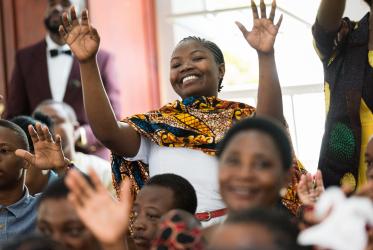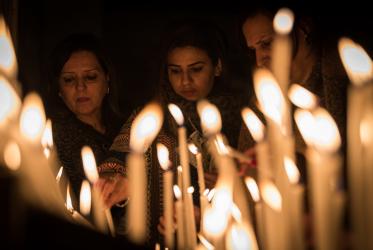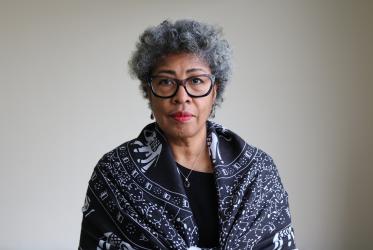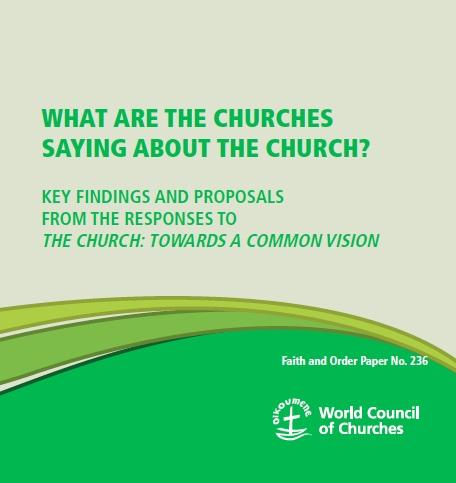Band 3: Dialog fördern, um Koinonia zu stärken
Studie der Kommission für Glauben und Kirchenverfassung Nr. 235
Gegenwärtige Spannungen innerhalb und zwischen Kirchen sind oft das Ergebnis von Uneinigkeit in moralisch-ethischen Fragen. Angesichts der Dringlichkeit der Angelegenheit hat es sich die Kommission für Glauben und Kirchenverfassung des Ökumenischen Rates der Kirchen zur Aufgabe gemacht, die Kirchen bei der Suche nach einem Weg, das gegenseitige Verstehen zu vertiefen, zu unterstützen. Aufbauend aus den Lernerfahrungen aus den moralisch-ethischen Urteilsbildungsprozessen verschiedener kirchlicher Traditionen und einer Reihe von historischen Beispielen schlägt dieses Studiendokument ein Analyseinstrument vor, um das Wissen über die Prozesse zu vertiefen, zu erkennen, wie und warum Unterschiede auftreten können, gemeinsame Überzeugungen zu bekräftigen und auf diese Weise Koinonia zu stärken. Anstatt sich nur auf die Ergebnisse eines Urteilsbildungsprozesses zu konzentrieren, kann das Verständnis des Prozesses zu einem neuen Weg für den Dialog führen. Das Studiendokument schlägt die Vorstellung des Gewissens der Kirche vor. Wo anerkannt wird, dass Kirchen danach streben, Gottes Willen zu erkennen und zu tun, um dem Evangelium treu zu bleiben, kann ein Dialog mit der Annahme beginnen, dass der Partner aufrichtig ist, ohne dabei notwendigerweise das Ergebnis seines Urteilsbildungsprozesses zu akzeptieren.
05 November 2021















